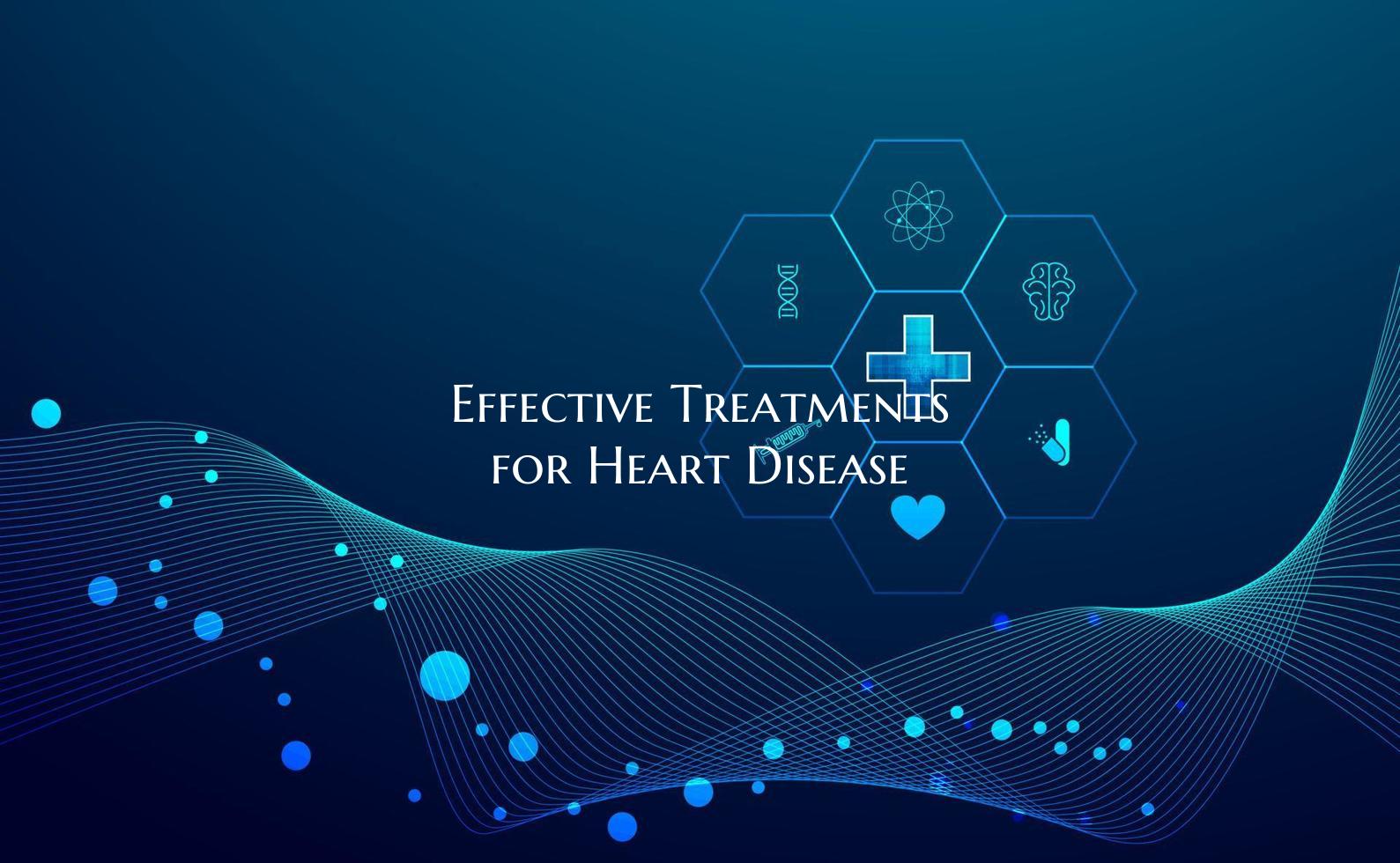
Effective Treatments for Heart Disease
Heart disease is a prevalent and serious condition that affects millions of people worldwide. It encompasses a range of conditions that impact the heart's functioning, such as coronary artery disease, heart failure, and arrhythmias. Fortunately, there are several effective treatments available to manage and improve heart health.
1. Medications: Medications are often prescribed to treat heart disease and manage its symptoms. Common medications include cholesterol-lowering drugs (statins), blood pressure medications (beta-blockers, ACE inhibitors), and blood thinners to prevent clot formation.
2. Lifestyle Changes: Making lifestyle modifications is essential in managing heart disease. This includes following a heart-healthy diet low in saturated fats, cholesterol, and sodium; engaging in regular physical activity; quitting smoking; and managing stress.
3. Cardiac Rehabilitation: Cardiac rehabilitation programs are beneficial for individuals recovering from heart-related conditions. These programs involve supervised exercise, education on heart-healthy habits, and emotional support to improve overall heart health and reduce the risk of future heart problems.
4. Surgery: In more severe cases of heart disease, surgery may be necessary. Procedures such as angioplasty and stent placement can help open blocked arteries, while bypass surgery can reroute blood flow around blocked arteries. In cases of advanced heart failure, a heart transplant may be considered.
5. Implantable Devices: Devices such as pacemakers, implantable cardioverter defibrillators (ICDs), and cardiac resynchronization therapy (CRT) devices can help regulate heart rhythms and improve heart function in individuals with certain types of heart disease.
6. Advanced Therapies: For individuals with severe heart failure not responding to standard treatments, advanced therapies such as ventricular assist devices (VADs) or artificial heart pumps may be considered to help the heart pump blood more effectively.
7. Monitoring and Follow-Up Care: Regular monitoring and follow-up care with healthcare providers are crucial in managing heart disease effectively. This includes routine check-ups, tests to monitor heart function, and adjustments to treatment plans as needed.
In conclusion, effective treatments for heart disease encompass a multi-faceted approach that may involve medications, lifestyle changes, rehabilitation programs, surgery, implantable devices, advanced therapies, and ongoing monitoring. By working closely with healthcare providers and making positive changes to promote heart health, individuals can effectively manage heart disease and improve their quality of life.